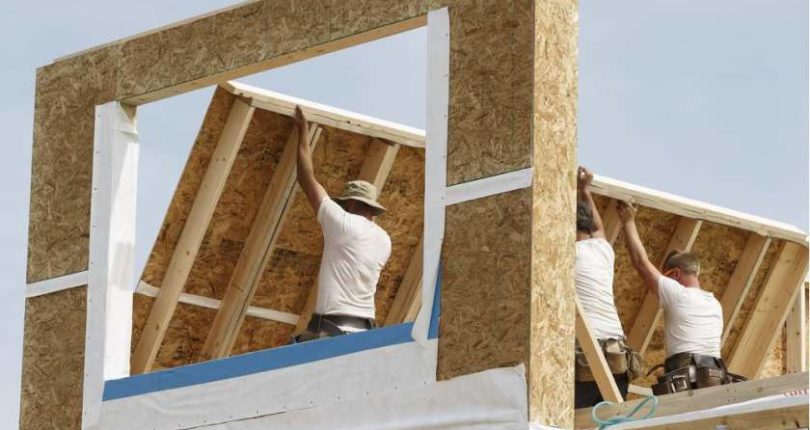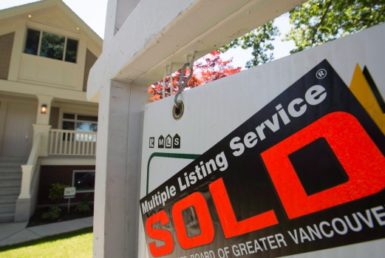
Growing supply and decreasing demand are helping create a buyer’s market for new homes in the Edmonton suburbs, show new figures from a real estate consulting firm.
The number of “spec” homes built before they’re sold rose to 2,430 last winter from 2,156 in the summer of 2016, while sales dropped about 20 per cent to 1,263 over the same period, according to Intelligence House research.
That gave the city an oversupplied 2.3-year backlog of new homes, Intelligence House co-owner Alex Ruffini says.
“Technically, if you have too much supply in the market, that tends to drive prices down or you see lots of promotions … Builders are more willing to give more discounts or give deals,” he says.
“(Having 2.3 years) is not tremendously oversupplied, but the power is on the demand side right now.”
However, the situation around the city varies. The west end has almost three years’ supply of single-family houses, while on the south side the supply is 1.5 to 1.7 years, and across Edmonton only 1.5 years of duplexes exist before all the current inventory dries up.
Ruffini’s survey of home sales in 46 of 87 new Edmonton subdivisions found single-family house prices ranged from $508,133 in the northwest to $431,625 in the northeast.
Houses in the northwest are more expensive because on average they’re bigger than in other sectors and they’re influenced by higher prices in nearby St. Albert, he said.
Although companies are now constructing fewer spec homes (homes built on speculation that they will be sold once construction is complete), which should reduce the oversupply to a balanced two-year inventory within a few months, Edmonton will likely see little change in the market for about the next year, Ruffini says.
“It won’t go down, but it won’t spike in sales … Consumers still have power in their hands for the next little while.”
His company estimates the total value of all Edmonton residential home transactions grew 42 per cent from 2012 to 2015, to $9.2 billion, before sliding as the recession and new federal mortgage rules hit in 2016.
Ruffini expects the value of transactions in the city to be flat this year. While Calgary home prices are traditionally higher than in the capital, he says Edmonton’s more stable employment base in the public sector and energy industry help it avoid Calgary’s real estate roller-coaster.
“(Calgary) is seen as more peaks and valleys, and Edmonton’s more soft ups and downs … We don’t go too crazy in a boom, we don’t crash too badly in a recession.”






Join The Discussion